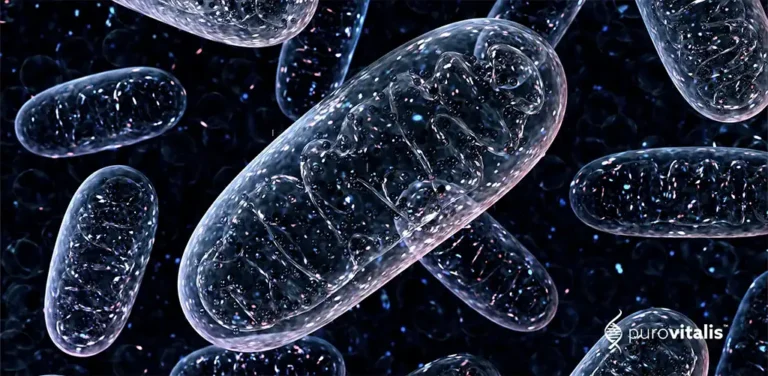We value your privacy and experience.
We’re here to make healthy living effortless. Cookies help our website perform at its best and allow us to understand how we can improve your experience with Purovitalis. Privacy Policy • Imprint
Necessary
These cookies keep the website running — things like your shopping cart, checkout, and security settings. Without them, the site wouldn’t work properly.
Preferences
These help us remember your choices and improve your experience, like showing the right language or survey questions that fit your interests.
Analytics
These cookies show us how visitors use our site so we can make it faster, clearer, and more useful. All data is collected anonymously.
Marketing
These help us share relevant offers and information about Purovitalis across other websites and platforms — so you see content that matters to you.















